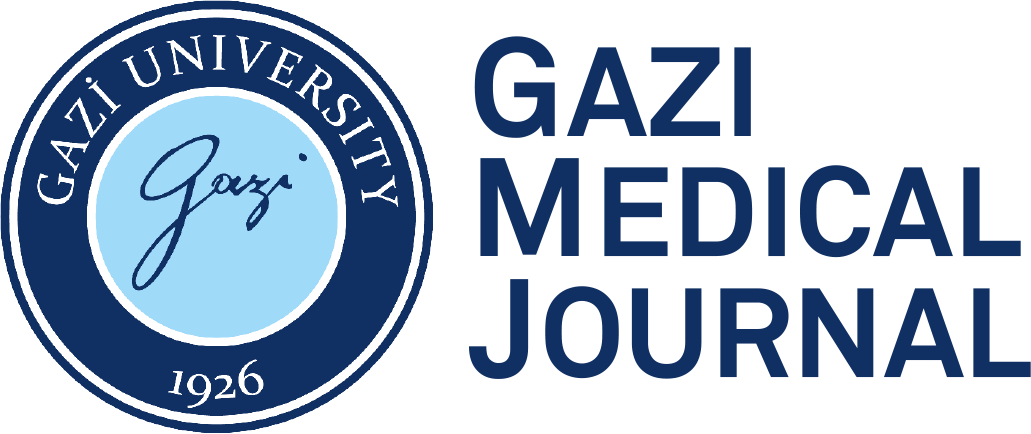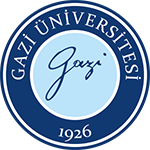ABSTRACT
Idiopathic pulmonary fibrosis (IPF) is a chronic progressive interstitial pneumonia (IP) with poor prognosis. Acute exacerbation (AE) of IPF (AE-IPF) has a substantial and sometimes fatal impact on prognosis. An effective pharmaceutical treatment for AE-IPF is lacking. Macrolides (MACs) have an anti-bacterial activity and anti-inflammatory effects, and IPF treatment with these agents has been recently reported. This report describes a case of infection-triggered AE-IPF treated with corticosteroids (CSs) combined with MACs. A 61-year-old male patient suffering from IPF previously treated with methyl-prednisolone (mPSL) (8 mg/day) was admitted because of fever, dry cough, and dyspnea. Reticular opacities (RO) on chest roentgenogram and ground-glass opacities (GGO) on high-resolution computed tomography (HRCT) exacerbated. The patient was diagnosed with influenza A and influenza A-triggered AE-IPF and was treated with peramivir and mPSL (1 g/day) for 3 days. RO on chest roentgenogram further exacerbated, prompting the addition of erythromycin (EM), in consideration of its anti-inflammatory effects. Thereafter, the patient was successfully treated with mPSL or PSL combined with EM. During the clinical course, he experienced cytomegalovirus (CMV)-induced IP and/or CMV-triggered AE-IPF, being successfully treated with ganciclovir and mPSL or PSL combined with EM. Thereafter, the patient was treated with CSs combined with EM or clarithromycin. Approximately 3 months after initiating EM, RO on chest roentgenogram and GGO on HRCT considerably improved. This case shows that treatment with CSs combined with MACs may be effective in some cases of infection-triggered AE-IPF.



